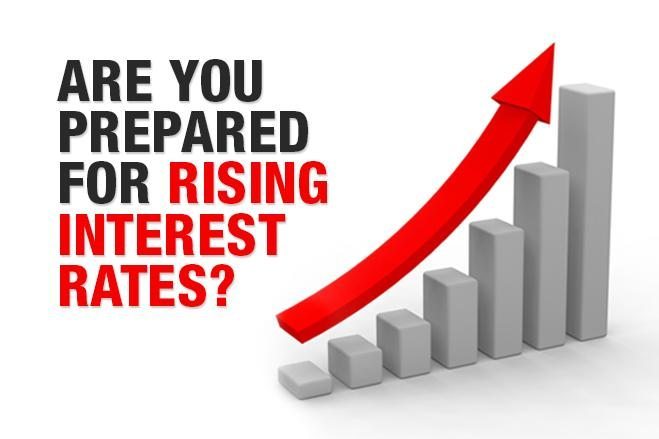
Economists are being polled ad nauseum. Is a rate hike coming or not? How do you know? What are the signs? Admittedly, whoever makes the right call and trades accordingly will make a nice profit. The amount of power now in the hands of 12 people on the Federal Open Market Committee is absolutely enormous. One wonders if any of the people in their inner circle are making trades. How can that be prevented?
In my estimation, a rate hike looks very likely. We are currently at the dual mandate goal of price stability and full employment. The fact that the consumer price index (CPI) fell by 0.1% can be chalked off to continually falling oil prices (NYSEARCA:USO) and the collapsing energy sector (NYSEARCA:XLE). Top officials at the Fed know full well that when the supply side issues for commodities get back into balance, the CPI will shoot right back up.
If a rate hike is indeed called tomorrow, a gap down in stock indexes (NYSEARCA:SPY) will probably be overshadowed by a collapse in bond prices (NYSEARCA:TLT) which have not absorbed the shock of a rate hike in a decade.
What economists seem to be ignoring, and they ignore a lot, is what happens if the CPI reverses and starts climbing higher much faster than anticipated? In that case, the Fed would be forced to continue to raise rates much faster than they in turn anticipated, which would collapse bond prices much further and jack up the rate at which the Federal Government has to pay to service its $18 trillion debt and counting.
Everything, then, rests on consumer price inflation. As long as it stays down, the status quo can be maintained. But if and when it edges up to 2%, 3%, perhaps even 5% over the next year or two, what then? If the Federal Reserve is forced, due to climbing inflation, to raise rates to 5%, 6% or more to say ahead of inflation, how much of Federal tax revenue will be eaten up in paying those rates, given the gargantuan increase in public debt that has piled up since the financial crisis of 2008?
The worst of all cases would be a 1973-74 style stagflation with inflation nearing 10% with a concurrent recession in a debt environment like this. The dollar barely survived the 70’s and only did so with interest rates bordering on 20% by 1980.
There is no way that the US economy could possibly support rates that high given current debt levels. It would result in a Federal default on Treasuries without a doubt.
If inflation starts to get out of control at any point – any point at all – the whole jerrybuilt US economy could unravel. But as long as the CPI stays tame, there is no need to worry. It’s all business as usual. For now.




